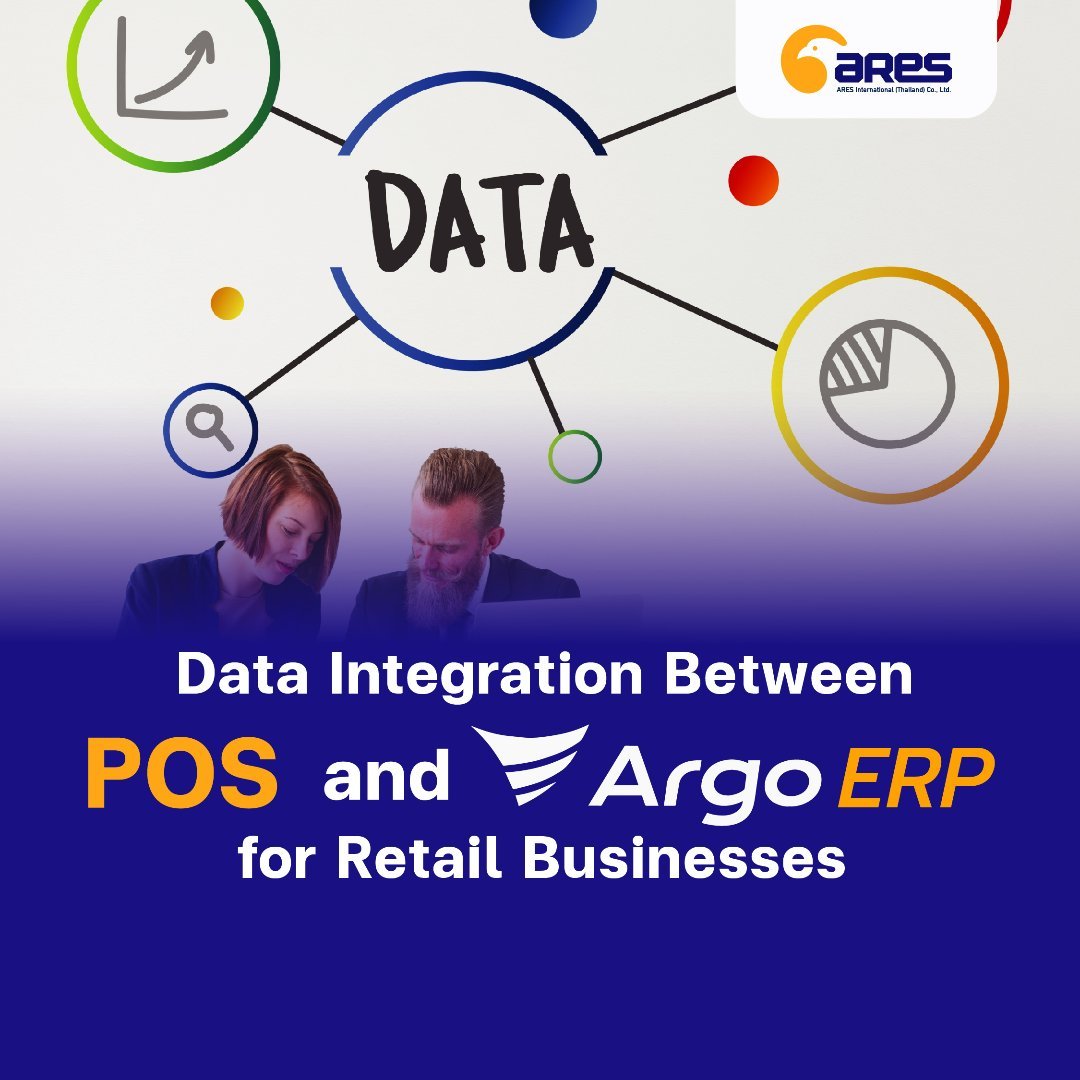[Knowledge] What are the Processes of Production?
Organizing the production process is one of the major challenges businesses face, especially for those who own factories. This is particularly true for manufacturing products that require the use of machinery and a large workforce across various stages, which can lead to errors and delays. Therefore, studying and learning about the production process is essential to reduce errors, time, and waste in production.

The Meaning and Importance of the Production Process in the Manufacturing Industry
The production process, or "Production System," refers to the steps and components used to transform materials into valuable products. In the manufacturing industry, this process encompasses everything from raw material management and factory organization to value addition and product efficiency control, ensuring that products meet customer demands.
Effectively managing the production process helps reduce risks associated with production, including costs, time spent, and potential errors. This, in turn, fosters customer confidence and promotes the long-term sustainability of the business.
3 Key Components of the Production Process
The components of the production process in the manufacturing industry can be divided into three main sections:
-
Inputs/Materials: These are the resources used in the production process, such as raw materials, labor, machinery, equipment, capital, basic data, electricity, and production systems.
-
Processing: This refers to the steps involved in transforming raw materials into quality products or services. It includes production planning, raw material preparation, and product finishing.
-
Outputs/Products: The final result of the transformation process, which can be classified into two categories: goods and services.
Steps of the Production Process
Effective production planning and control are key factors that ensure product quality and meet customer requirements. Factors influencing product efficiency include production volume, production time, costs, pricing, and the quality of the production process. These stages can be broken down into three parts:
-
Planning: The first step that businesses must take before starting production. It involves project management and production planning, covering inputs, raw materials, labor, and expenses. The goal is to allocate resources efficiently to meet production targets and maximize benefits.
-
Operation: This is the production phase that follows the plan. It includes resource selection, production methods, factory systems, product volume, and the sequencing of production steps to ensure product quality meets the desired standards.
-
Control: This step involves quality control during production, covering work time, labor, and factory organization. Modern technology, such as MES and ERP systems, is used to support this process.

Understanding Different Types of Production Processes
Given the variety of products produced in different factories, a single production process may not be effective for all businesses. Manufacturers should choose the production method that best suits their products. The processes can be classified into two main categories:
Classified by Product Type:
-
Make-to-Order Production: This process is tailored to customer-specific needs, making it difficult to predict product quantities in advance. It often requires expertise, such as in garment manufacturing or real estate construction.
-
Make-to-Stock Production: This involves standardized production steps to meet the needs of a broad customer base. Product quantities can be predicted in advance, and appropriate machinery is used, such as for soap, cars, or cosmetics.
-
Assemble-to-Order Production: This involves producing small parts that are assembled into products based on customer orders. Products like electronics can be produced in this way to be ready for purchase.
Classified by Production Volume:
-
Project-Based Production: Large-scale production, such as road or real estate construction, which involves high costs and is typically produced in low volumes over long periods.
-
Continuous Production: Producing a single type of product continuously using machinery, such as steel refining, oil refining, or paper production, often for products with high demand.
-
Batch Production: Producing a specific quantity of goods in each batch, with the ability to switch product types using the same machinery. This is suitable for diverse customer needs, such as furniture or smartphones.
-
Group Production: Commonly used in apparel manufacturing for popular products with specific characteristics, produced to the same standard.
-
Flow Production: Producing products using specialized machinery for each product type, often for high-demand items like dishwashing liquid, shampoo, or detergent. This process is continuous and fast, yielding large volumes.
Factors Influencing the Choice of Production Process
Before selecting a production process, manufacturers should consider various factors affecting production, such as:
-
Product Characteristics: These include complexity, volume, and product lifespan. For instance, high-volume products may be best suited for flow production, while products requiring advanced technology may necessitate make-to-order production.
-
Market Demand: Non-continuous and group production processes can cater to fluctuating customer demands, while continuous production is suitable for stable markets.
-
Production Costs: Labor and raw material costs influence machinery selection. High labor and raw material costs often require the use of highly efficient machinery.
-
Factory Space: Factories with limited space should consider group, specialized, or non-continuous production processes to maximize the effective use of machinery.
Conclusion: The Role of Technology in the Production Process
Effective production planning is the cornerstone of industrial manufacturing, as it impacts costs, resources, and production volume. Utilizing technology to manage production plans, such as MES or ERP systems, plays a critical role in driving long-term business success.
At ARES, we provide software services and consultancy to help transform your factory into a Smart Industry with our CiMES MES system.
Contact us
For a demo, please contact us at Contact Us or for further inquiries:
Phone: 0633253640 or 02-6863000 ext. 3042
Email: support@aresth.co.th




